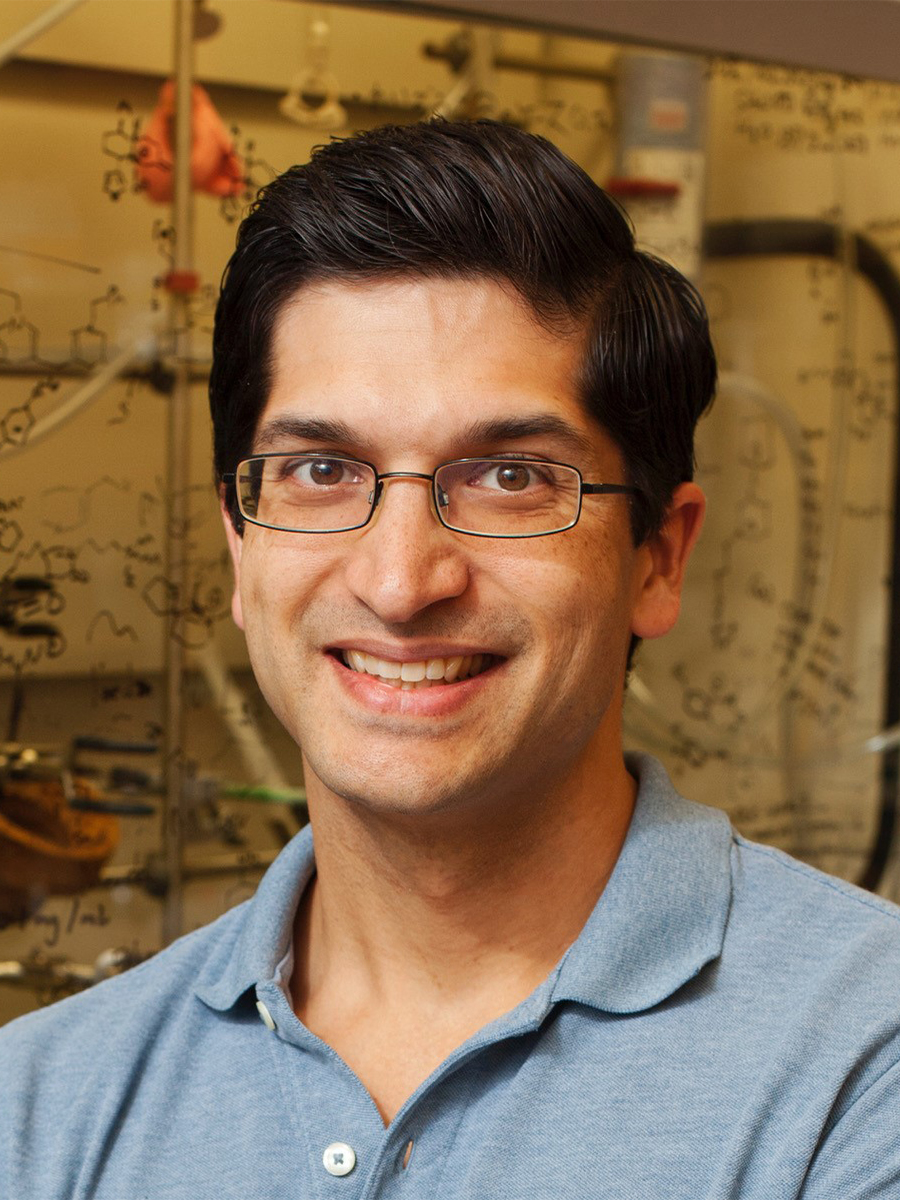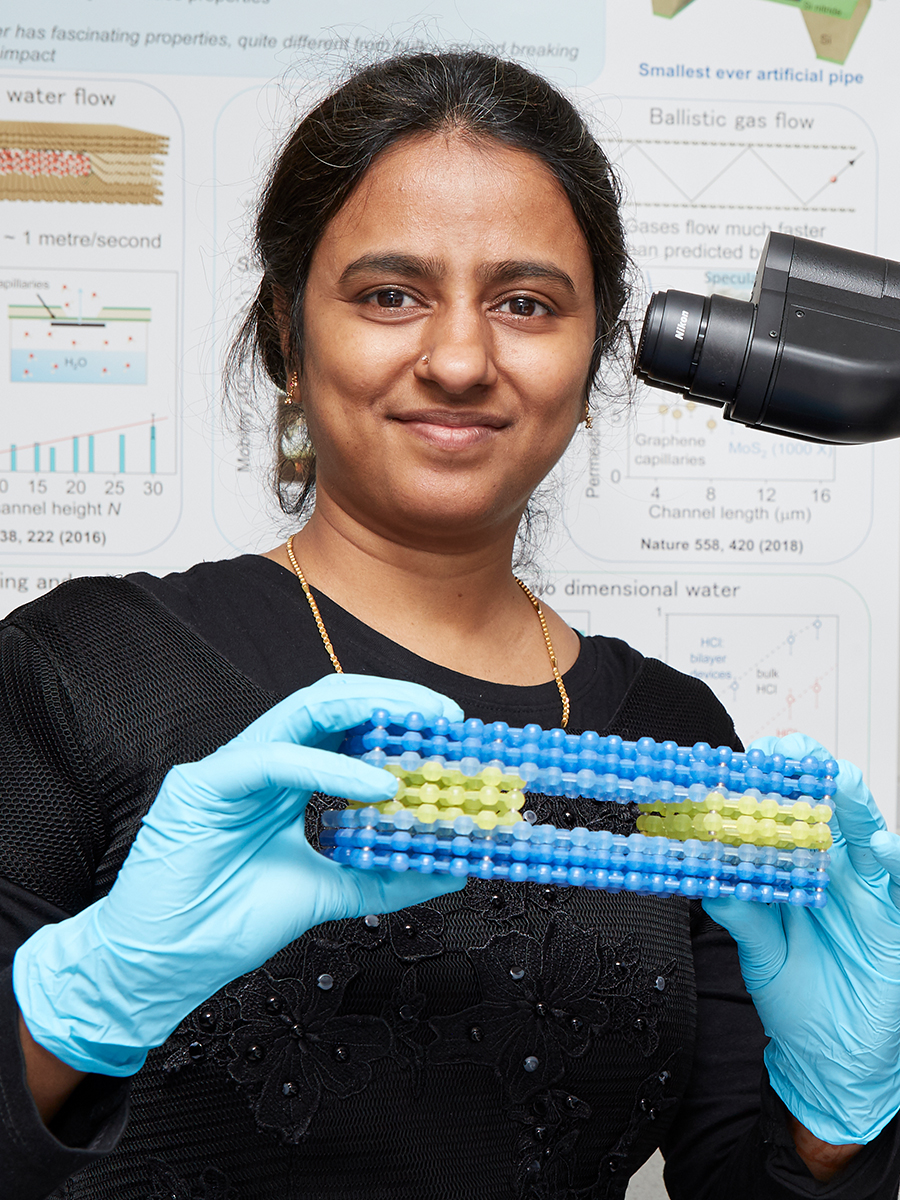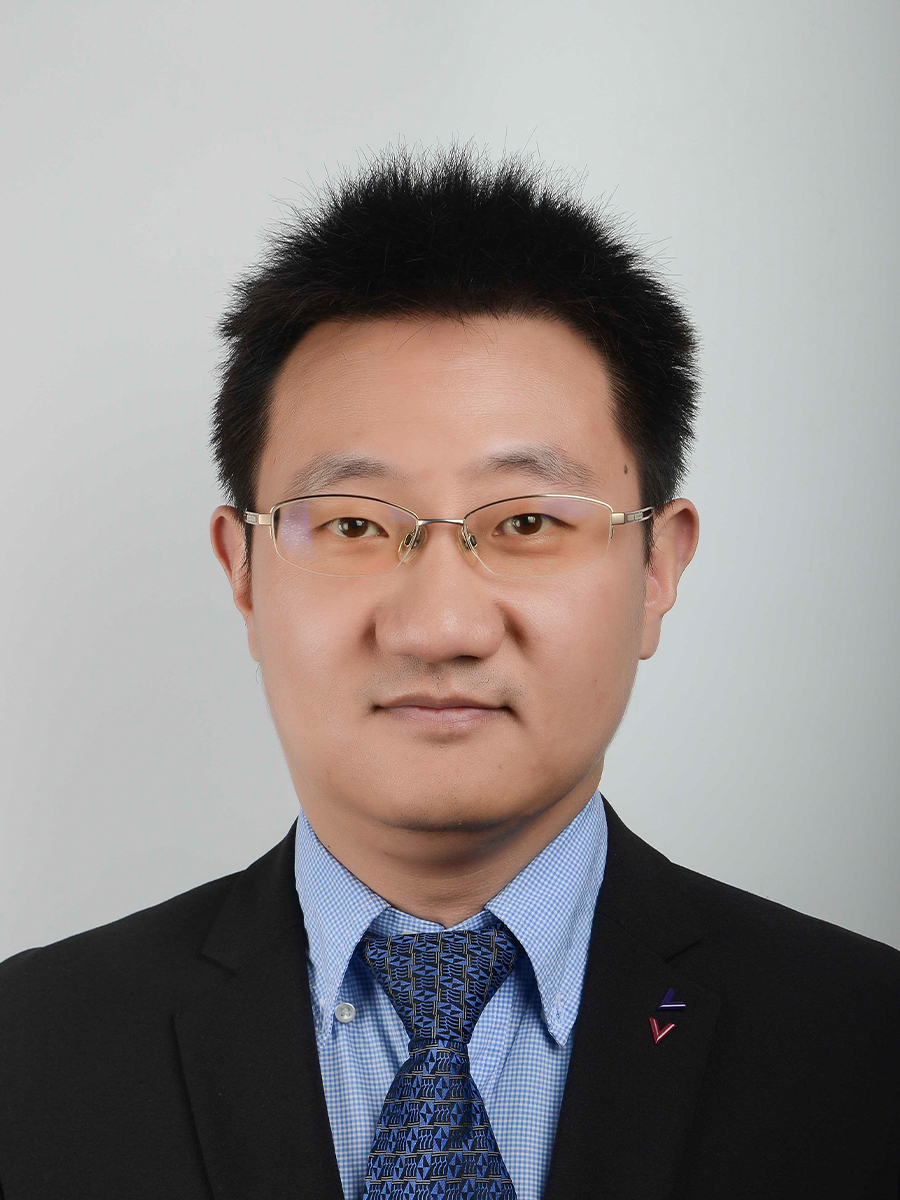This lectureship award is presented annually and winner(s) will:
- receive a financial honorarium (adjusted equally in the event of multiple recipients), a certificate, an invitation to submit to ChemSocRev, and an invitation to join the ChemSocRev Advisory Board
- be invited to speak at one or more high-profile international conferences or events organised by the journal
- be chosen by the judging panel (the ChemSocRev Editorial Board)
Nominees should be an independent scientist, having received their PhD typically between 10 - 15 years of the award year. Please see below for eligibility details regarding career breaks.
This prize is open to nominees globally.
Our 2022/2023 winners
Timothy Noël
Timothy is a Professor and Chair of Flow Chemistry at the University of Amsterdam. His research interests are flow chemistry, homogeneous catalysis and organic synthesis.
Follow Professor Noël on Twitter @NoelGroupUvA

Ryan Shenvi
Ryan is a Full Professor at Scripps Research in La Jolla, CA. His laboratory works at the interface of catalysis, complex molecule synthesis and structural biology.
Follow Professor Shenvi on Twitter @Shenvi_Lab

As part of the Lectureship award, Tim and Ryan will be presenting lectures at selected conferences over the coming 12 months. Details of the lectures will be announced in due course but keep an eye on Twitter @ChemSocRev for details!
Highly Commended
Due to the extremely high standard of nominations this year, the ChemSocRev Editorial Board have opted to select some Highly Commended candidates. They have been highlighted as performing exceptional science and deserving of recognition in the community.
ChemSocRev Pioneering Investigator Highly Commended Nominations
See all previous winners
Guidelines for nominators and candidates
Find out who is eligible for this award, about the nomination process, and see who is on the selection panel.
Nominations for the ChemSocRev Pioneering Investigator Lectureship are open 22 January – 22 March 2024.
The ChemSocRev Lectureship is awarded through a process whereby nominations of candidates are invited from our community. We believe we have a responsibility to promote inclusivity and accessibility to improve diversity. Where possible, we encourage each nominator to consider nominating candidates of all genders, races, and backgrounds.
This prize is open to nominees globally.
Eligibility
- Nominees may not nominate themselves
- Individuals who are part of the ChemSocRev Editorial Board during the nomination and judging period are not eligible to nominate or be nominated
- Candidates should be an independent scientist, having received their Ph.D. typically between 10 - 15 years of the award year
- Independence is defined as experience gained as part of a scientific career excluding time spent in full-time education, as a postgraduate student, or as a post-doctoral researcher
- Nominators will be asked to provide details of the nominee's professional experience, in relation to the criteria
- Career breaks will be recognised, and nominations are encouraged for those whose career has spanned a break due to caring responsibilities or personal circumstances e.g., a period of parental/adoption leave, family commitments, or illness
Early-career researchers (Ph.D. within 10 years of the award year) may be nominated for the ChemComm Emerging Investigators Lectureship.
To make a nomination, please submit the following information by email before 22 March 2024 (5 pm UK time).
- Your name and email address
- Your nominee's name, email address and affiliation
- An up to date CV for the nominee (no longer than one A4 side, 11pt text), which should include a summary of their education and career
- Details (title, publication year, DOI/reference no., abstract) of up to five relevant publications/patents where the nominee is the Lead and/or the corresponding author
- these details should not be included on the nominee's CV, but provided in a separate document. At the initial stage of judging, the judging panel will not have access to information on journals in which articles are published. This is to help encourage nominations for a diverse range of nominees, and to enable the Judging Panel to focus on the scientific content of papers, as described in the supporting statement, without the influence of publication metrics
- A supporting letter from the nominator, including;
- A statement (up to 750 words) addressing the nominee’s fulfilment of the selection criteria. As committee members will carry out their initial assessments without full details of relevant publications, please ensure this supporting statement clearly sets out how the scientific content of supporting publications addresses the selection criteria
- A statement (up to 100 words) describing how the nominee has contributed more broadly to the scientific community, should also be included. A list of possible examples is outlined under "Assessment process and selection panel"
- One supporting letter of recommendation from an independent referee;
- The referee can be the nominee's post-doc or PhD supervisor, line manager, project manager or mentor.
- References should be a maximum of 750 words
- Referees should state their relationship (if any) with the nominee and note any conflicts of interest
- Nominations lacking any of the required documents will not proceed to judging
We reserve the right to rescind any prize if there are reasonable grounds to do so. All nominators will be asked to confirm that, to the best of their knowledge, their nominee's professional standing is such that there is no confirmed or potential impediment to them receiving this prize. All winners will be asked to sign our Code of Conduct Declaration for Recognition.
Assessment process
Consideration is given to all information provided in the nomination documents.
Our judging panel bases its evaluations primarily on the overall quality of relevant contributions made by nominees and not on quantitative measures. The scientific content of any supporting publications, as described in the supporting statement, is much more important than publication metrics or the identity of the journal in which it is published.
The judging panel will consider the following aspects of nominations for this prize:
- originality of research
- impact of research
- quality of publications and/or patents and/or software
- innovation
- professional standing
- independence
- collaborations and teamwork
- other indicators of esteem indicated by the nominator/referee
In an instance where multiple nominees are judged equally meritorious in relation to the above criteria, judging panels have the flexibility to use the information provided by the nominator on the nominee’s broader contribution to the chemistry community as an additional criterion.
Examples of relevant contributions could include, but are not limited to:
- teaching/demonstrating
- effective mentorship
- leadership in the scientific community
- peer-reviewer
- promotion of diversity and inclusion
- advocacy for chemistry
- public engagement and outreach
- presenting/communication skills
Please note that the following will not be considered by the Judging Panel when judging nominations:
- Nominee’s previous nomination history
- Nominee’s previous award history
- The reputation, seniority, or prominence of the nominators/referees themselves
- Quantitative measures, i.e., publication metrics or the identity of the journal in which work is published
- Nominee involvement with Royal Society of Chemistry member groups/networks, service on Royal Society of Chemistry boards, or activities as a Royal Society of Chemistry peer-reviewer
Where multiple nominees are still judged equally meritorious in relation to the above criteria, the judging panel can appoint multiple winners who would share the honorarium.
Judging panel
- The editorial team will screen nominations for eligibility and draw up a longlist of candidates based on the nomination documents provided
- Winner(s) will be selected by the ChemSocRev Editorial Board
Previous Winners
Current winners: Timothy Noël and Ryan Shenvi
2021 - Daniele Leonori and Connie Lu
2020 - Jun Lu
2019 - Yujie Xiong
2018 - Rubén Martin




